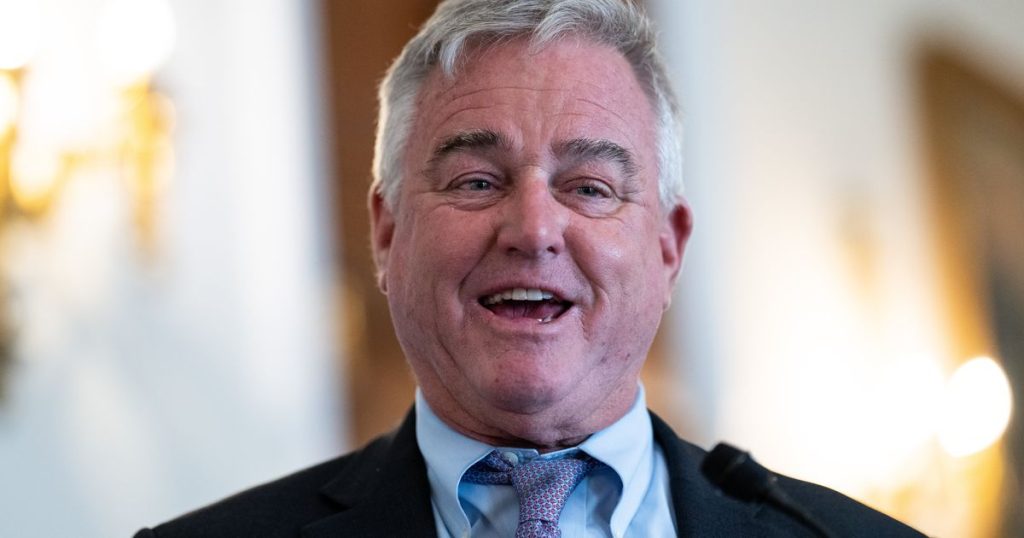In the Maryland Democratic U.S. Senate primary, Rep. David Trone, a wealthy white businessman, is competing against Angela Alsobrooks, a Black woman, in a close and contentious race. Trone has spent an unprecedented $57 million of his own money to fund his campaign, touting himself as a progressive outsider and underdog. He argues that his wealth frees him from special interests and gives him the ability to self-fund his campaign against popular Republican Larry Hogan in the general election. Trone’s aggressive spending has raised questions about his motivation and whether money can buy a Senate seat, especially when pitted against a well-qualified opponent like Alsobrooks.
Alsobrooks, who is backed by top Democrats in the state, is campaigning to become one of the few women of color elected to the U.S. Senate, an institution where Black women are underrepresented. The primary has brought up uncomfortable conversations about race and gender within the Democratic Party, with Trone facing criticism for several missteps, including using a racial slur during a congressional hearing and making comments that many see as insensitive or dismissive. His opponents argue that his excessive spending and rhetoric reflect a lack of understanding and respect for marginalized communities.
Despite the challenges she faces, Alsobrooks remains focused on her campaign priorities and her commitment to representing the people of Maryland. She emphasizes her experience as a prosecutor and county executive, highlighting her record of leadership and dedication to public service. Supporters see her as a beacon of hope and inspiration for Black women and other underrepresented groups, even as they acknowledge the uphill battle she faces in a competitive race against a well-funded opponent.
Trone, on the other hand, presents himself as a self-made success story who has overcome personal and professional challenges to achieve his current position. He downplays the significance of race in the election, arguing that voters should choose the best candidate regardless of color. However, his campaign tactics and messaging have raised questions about his true intentions and whether he is truly committed to diversity and inclusion in his bid for higher office.
As the primary election approaches, Maryland Democrats are grappling with the complex dynamics of the Trone-Alsobrooks race and what it means for the future of the party. Both candidates are striving to appeal to a diverse electorate and make their case to voters as the best choice to represent the state in the U.S. Senate. The outcome of the primary will have far-reaching implications for the Democratic Party and the representation of women and people of color in government, making it a closely watched and hotly contested race.














